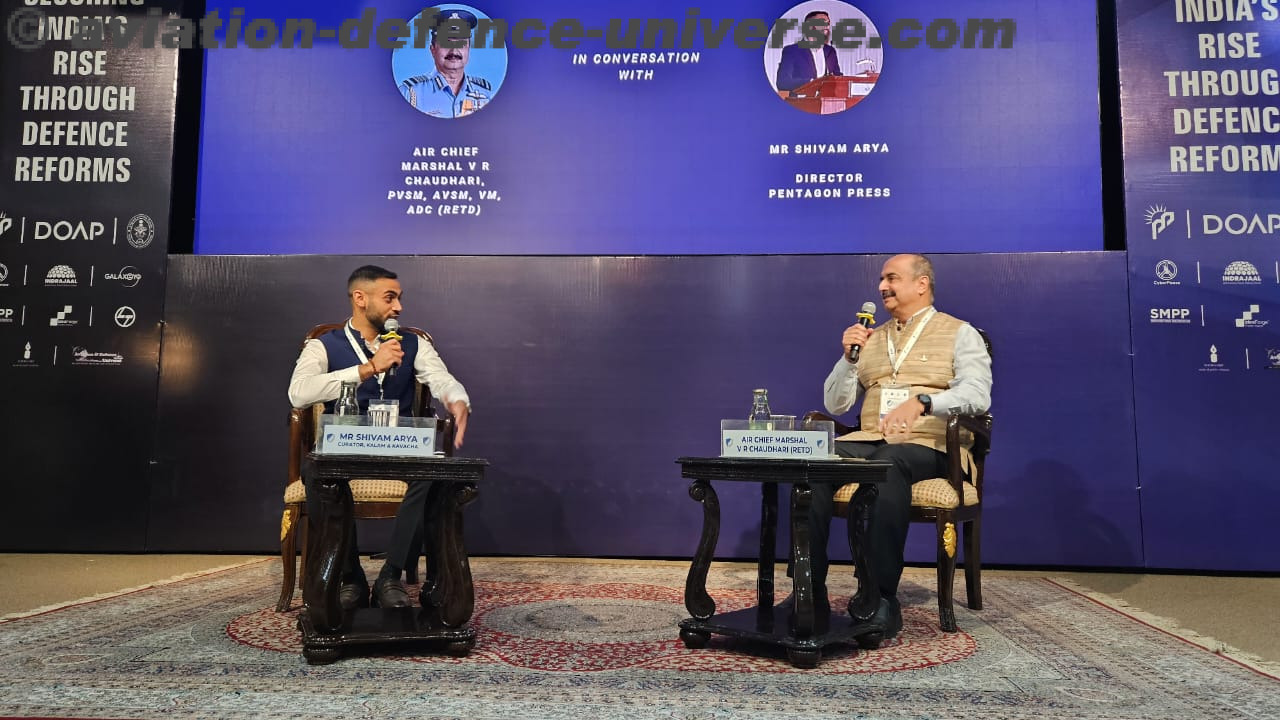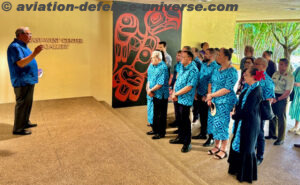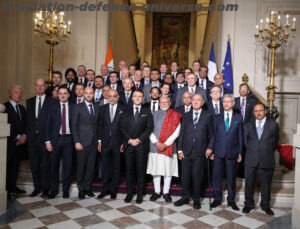By Suresh Somu
Bangkok. 04 January 2018. Tensions are on the rise as Thailand military hunt down those involved in an explosion in the Muslim-dominated Narathiwat province on Thursday. Initial investigations indicate even an “inside job” to create continuous unrest in order to dampen potential foreign investment in the south of Thailand.
The Bangkok Post reported that local politicians may have had a hand in the bombing incident. Quoting the Fourth Army Commander Lt Gen PiyawatNakwanich he made no bones that some of the politicans’ family members were behind organising the attack.
Fortunately no one was hurt in the recent attack, which could have taken the lives of innocent people, added Lt Gen Piyawat. He elaborated that the intent of these attacks were in retaliation of the potential threat to their business interest.
Tough military action in recent months have visibly brought the situation in the south under control, evident from the dwindling numbers reported for violent incidents leading to fatality as compared to previous years.
Narathiwat is one of the four Thailand provinces with an area of around 4,475 square kilometers. It has a Muslim majority that borders Malaysia. Rich in natural resources, it is a booming region, which can attract foreign investors.
A clear indication to the potential tourism growth can be seen with over four million tourists last year with hotels running in almost full occupancy while the homestays have sprouted near the most patronised places. More businesses are also set-up to capitalise on the popularity of the province.
Recent talks aimed at bringing peace to the troubled south between the military government and some umbrella insurgent groups have failed to reach any breakthrough.
For the record, over 6,500 people have been killed in Thailand’s southernmost provinces of Yala, Pattani, and Narathiwat over the past 12 years as part of the insurgency.
Government observers say the recent attacks show that the insurgency situation in the south is isolated from what goes on in the rest of Thailand.
Since 2009, there have been more than 1,300 successful bombings, an average of 14 per month. Insurgents routinely assassinate individuals and target critical infrastructure. Nearly 200 schools have been destroyed and 180 teachers killed. An estimated 20 per cent of the Buddhist population in the south has fled, and few ethnically mixed villages remain.
Despite the presence of more than 50,000 security forces in the region, the government has been unable to completely quell the insurgency. Violence has declined from its peak in 2007, when an average of three to four people have been reportedly killed each day. Yet the recent spike in insurgent activity in areas popular with foreigners represents a concerning change in tactics.
The Thailand government wants to see longer-term promise and recently advocated a policy to promote mining activities that have attracted strong interest from foreign companies.
Three of the eight Australian companies have received concessions to do business in the region. With this move, local industries are set to proper which inevitably could change the whole economic outlook of Narathiwat province.
The government has also formulated a plan to ensure there is security in the region to protect the confidence and interest of these investments. It has approved a proposal in setting up more state-run pawnshops.
These pawnshops could be a saviour for the hired assailants, reportedly carrying out the attacks in the southern region. It is largely a social problem as these are largely driven by the need to pay for their children’s schooling. And setting up more state-run pawnshops could act as a short-term solution to an on-going problem, says Lt Gen Piyawat.
He added said plans are underway to have more pawnshops to boost the business sector, too. In a distinct Muslim majority province, these pawnshops do not charge interest which is one of the principles of Islam. But they only accumulate nominal fees for its operation.
The longer-term solution in the south to enhance overall credibility and investor-confidence is for tougher military action to show to foreigners and the locals that possibilities for peace and stability will not be a mere pipe-dream.




























































































































